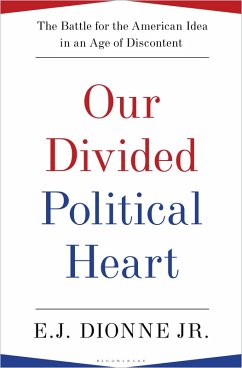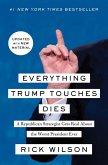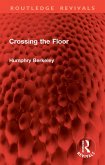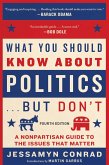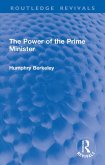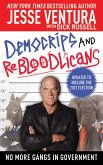America today is at a political impasse; we face a nation divided and discontented. Acclaimed political commentator E.J. Dionne argues that Americans can't agree on who we are as a nation because we can't agree on who we've been, or what it is, philosophically and spiritually, that makes us "Americans."
Dionne places our current quarrels in the long-standing tradition of struggle between two core values: the love of individualism and our reverence for community. Both make us who we are, and to ignore either one is to distort our national character. He sees the current Tea Party as a representation of hyper-individualism, and takes on their agenda-serving distortions of history, from the Revolution to the Civil War and the constitutional role of government. Tea Partiers have reacted fiercely to President Obama, who seeks to restore a communitarian balance - a cause in American liberalism which Dionne traces through recent decades.
The ability of the American system to self-correct may be one of its greatest assets, but we have been caught in cycles of over-correcting. Dionne seeks, through an understanding of our factious past, to rediscover the idea of true progress, and the confidence that it can be achieved.
Dionne places our current quarrels in the long-standing tradition of struggle between two core values: the love of individualism and our reverence for community. Both make us who we are, and to ignore either one is to distort our national character. He sees the current Tea Party as a representation of hyper-individualism, and takes on their agenda-serving distortions of history, from the Revolution to the Civil War and the constitutional role of government. Tea Partiers have reacted fiercely to President Obama, who seeks to restore a communitarian balance - a cause in American liberalism which Dionne traces through recent decades.
The ability of the American system to self-correct may be one of its greatest assets, but we have been caught in cycles of over-correcting. Dionne seeks, through an understanding of our factious past, to rediscover the idea of true progress, and the confidence that it can be achieved.

